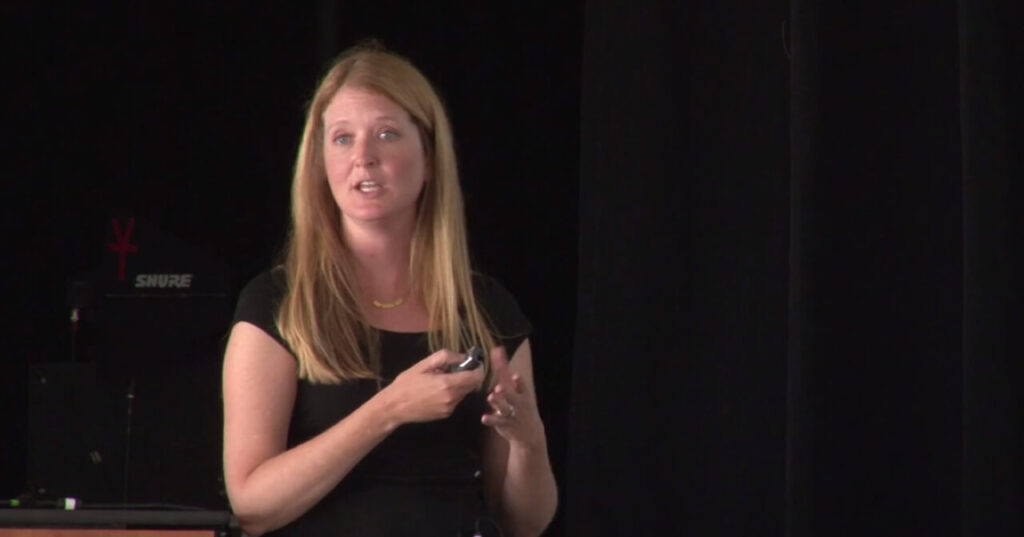Dr. Stephanie Dulawa: Developing Faster-Onset Antidepressants

Depression is the leading cause of disability worldwide, according to the World Health Organization, claiming potentially years of constructive activity from close to 16 million lives in the U.S (per the NIMH). The sooner someone living with depression can find relief, the sooner he or she can return to a productive and fulfilling life. Although current antidepressant drugs can reduce the symptoms, they take at least two to four weeks to achieve a therapeutic effect, for individuals who respond. Clearly, sufferers could benefit from innovative treatments which could start to work more reliably and more quickly.
Stephanie Dulawa, Ph.D., Associate Professor at the University of San Diego’s Department of Psychiatry, winner of the 2014 One Mind Rising Star Depression Research Award in Memory of George Largay, has discovered a neurochemical target in the mouse brain that will enable the development of faster-acting antidepressant medications for humans.
As published in the prestigious journal Molecular Psychiatry on March 21, 2017, Dulawa’s team has successfully completed an investigation of the effects of inhibiting an enzyme called Glyoxalase 1 (GLO1) in the mouse brain. The team had predicted, based on their previous research showing that an excess of GLO1 increases anxiety in mice, that inhibiting GLO1 might work as an antidepressant. They compared the behavior of mice of three types (untreated, treated with GLO1 inhibitors, and treated with the conventional antidepressant fluoxetine) using an array of tests, and made two surprising discoveries: Not only did inhibiting GLO1 (by genetic or pharmaceutical means) produce antidepressant effects in mice, but it started to act after only 5 days of treatment. Considering that the conventional antidepressant took 14 days to show a therapeutic effect, the implications are exciting-faster relief from depression may be on the way.
Dulawa’s team feels the cautious excitement that comes with opening the door to the development of an original class of fast-acting antidepressants. Dr. Dulawa says, “There are currently no approved fast-acting antidepressants, so finding something like this is unusual.”
Dulawa’s team has made yet another valuable contribution to future medication development: Their second paper published in Molecular Psychiatry on March 21, 2017 offers a primer for scientists on how to identify fast-onset antidepressants using rodent models. Her assessment provides recommendations based on the relative usefulness of seven rodent models currently used to test how rapidly a prospective antidepressant begins to work. Dulawa’s recommendations can optimize and accelerate the discovery of new, fast-onset antidepressant compounds, enabling safer, more effective medications to arrive sooner.
We at One Mind are indeed proud to fund Dr. Dulawa’s research (and if you are a donor, you too should be proud). We will continue to report on this brilliant scientist’s breakthroughs.
Your donation helps One Mind launch promising early-career investigators and their innovative research through the Rising Star Awards. Make a donation today that will accelerate ground-breaking discoveries in brain illness.
